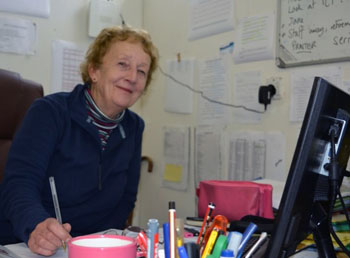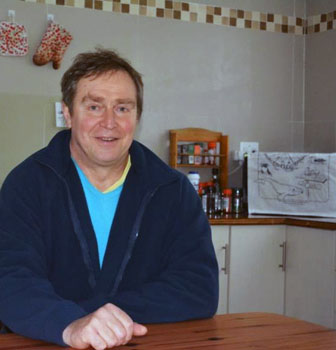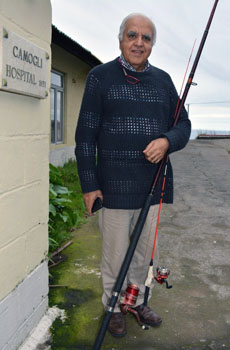A workplace like no other: meeting Tristan’s expats.By Tristan da Cunha UK Representative Chris CarnegyWe usually reserve features like this for the printed newsletters, but, for one reason or another, this feature by Chris Carnegy did not appear in the newsletter, but should be published as it will be helpful especially to those who may apply for jobs on the island - and in January 2016 Tristan is recruiting a teacher and farmer to important roles. It all started with the padres. Clerics from the Society for the Propagation of the Gospel were dispatched to Tristan, and sometimes found themselves working as teachers and community champions as well as parish priests. Since those pioneering days of the 19th century, expatriates have served in scientific research, agriculture, medicine and many other fields. Three 'expats' who were on the island in 2015 give a sense of the fascination - and the challenge - that Tristan brings. |
Enjoyed this feature article?Why not join the Tristan Association to obtain regular Tristan Newsletters which are 40 page full colour magazines full of island news, features and photographs. See the Newsletter Page for details of recent editions. |



